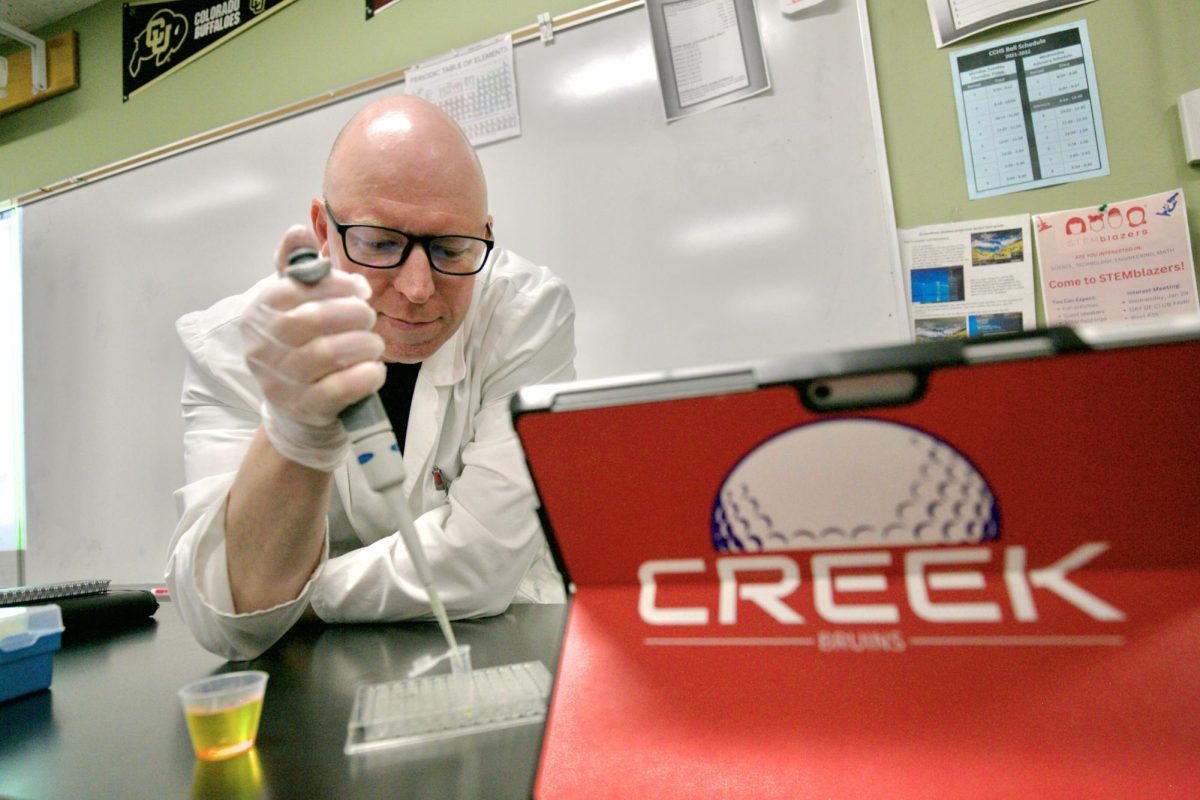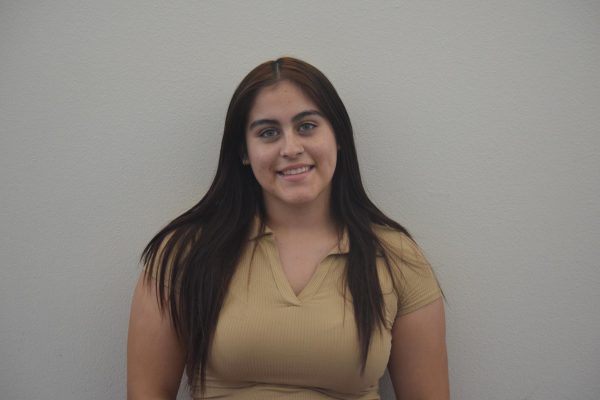Since Ester Flores Izquierdo was 8 years old, she has had to translate for her parents. It is difficult for her parents to be able to have a conversation with someone who doesn’t know Spanish because they aren’t fluent in English.
”I feel bad [that] they can’t understand. When we were in [the doctors] they would actually try to have conversations about health, but [my parents] want to tell the doctors this and that [and] they just can’t have a conversation with them,” Flores-Izquierdo said.
When it comes to translating in English or Spanish, it’s a difficult skill that most people aren’t able to do. When it comes to translating while the conversation is going on, it puts a lot of pressure on you and feels like such a big responsibility to be able to translate in the moment.
“[I] feel responsible for their understanding,” Flores-Izquierdo said. “Whatever they understand is because of what I told them, and if they understand it the wrong way then it’s on me because I translated it wrong,”
But Flores-Izquierdo isn’t the only one playing the role of a translator in her family. There are other Creek students who have to translate for their family, like junior Andrea Parra. She has been translating for her family since she learned enough English. She was able to learn English through special programs when she was in elementary school.
“My parents both don’t speak or understand English, especially my dad. My mom is able to understand certain things people say but she still tends to struggle with it just as much as my dad does,” Parra said.
Having a parent that has no knowledge of a language can be limiting when they are in public or you’re not able to be there to translate for them.
“My dad would go to the pharmacy because he needs to refill his medication, so every time I have to go with him to translate because he can’t pronounce the medicine or have a conversation with the pharmacist,” Parra said.
For freshman Tiffanie Villabla, it’s a bit different. She not only needs to translate for her family, she also translates for many of her friends who don’t speak any English. Most of them do attend Creek as well, so she’s there most of the time to help them out.
Translating can help improve your abilities when it comes to speaking the languages, but also can confuse you when it comes to the differences between Spanish and English.
“It does improve my abilities in speaking Spanish and English but sometimes I still have trouble with the languages,” Villalba said.
Being able to help out your parents can create a good gesture for yourself knowing you’re able to translate all the time and be a big help towards your family. Also creates a good relationship with your parents and brings you back towards your culture or where you’re from.
“It makes me feel good because I’m helping them out and they’ve done a lot for me so I feel like it’s still the only way I can help out,” Parra said.









